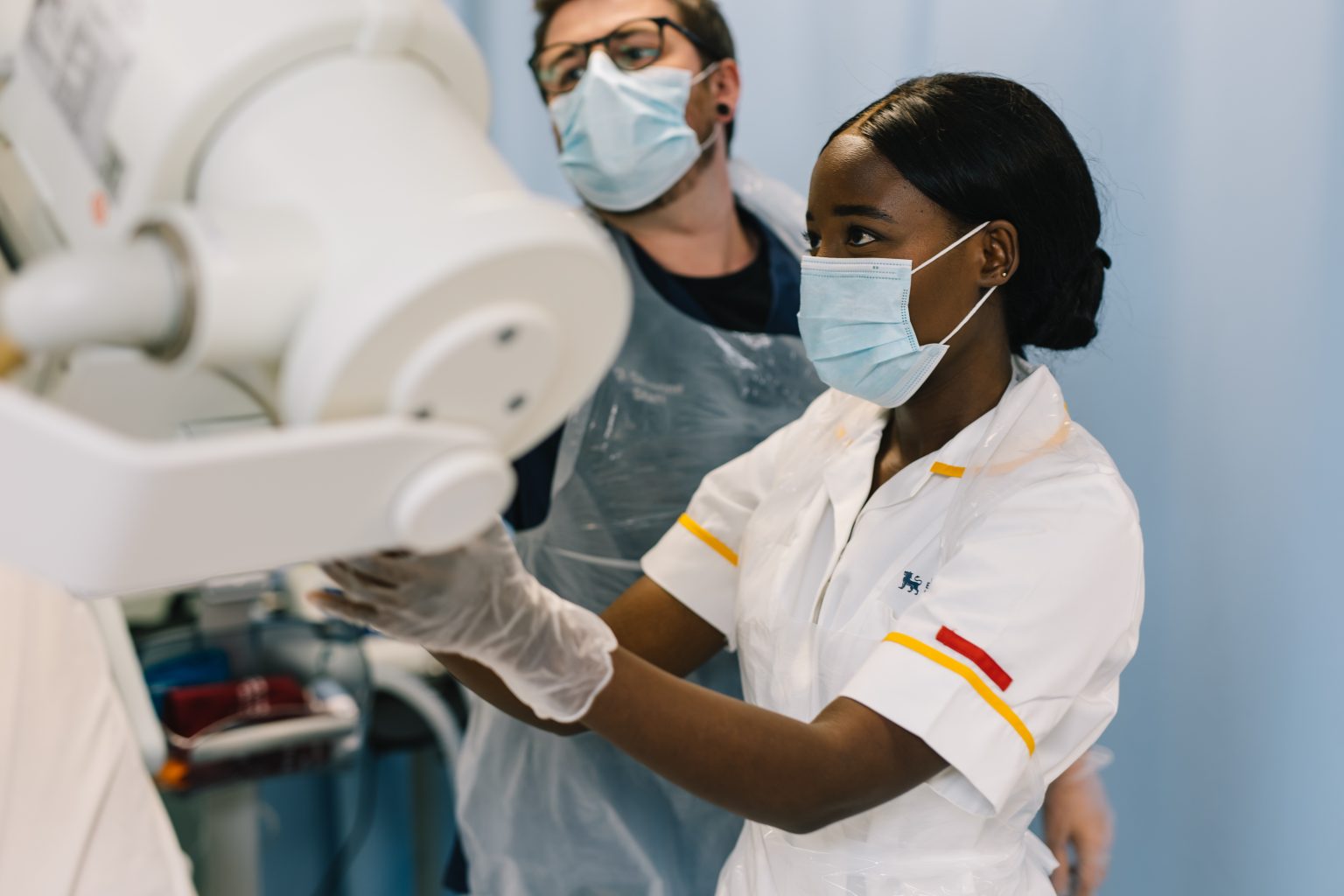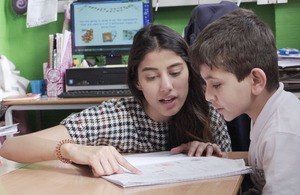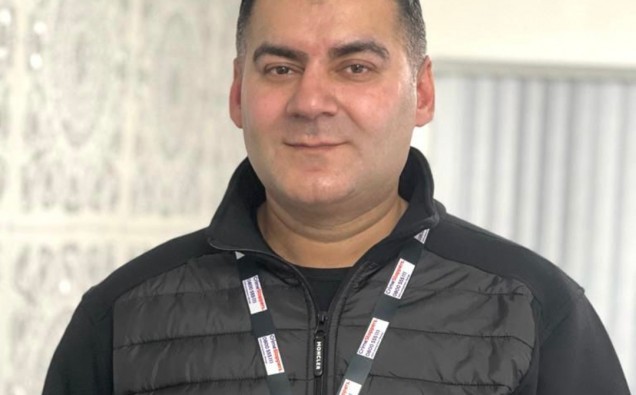Birmingham City University students will be tested on how they can cope in a crisis next week as a full-scale medical emergency unfolds on campus.
Students studying radiography courses will have to face up to the task of treating an influx of wounded patients – all victims of an ‘explosion’ in Birmingham city-centre – in a scenario that could be lifted straight from the popular BBC medical drama series Casualty.
Fortunately, like the television show, the emergency in question is make-believe. The ‘explosion’ and its aftermath make up a major incident simulation running from Tuesday 20 to Friday 23 September at the University’s City South Campus in Edgbaston.
With around 30 volunteers playing a variety of roles – from injured patients to distressed friends and family members – the simulation has been designed to test radiography students’ clinical judgement, their diagnostic and people management skills and their ability to react under pressure in a high-stress situation.
The four-day activity, involving 27 students each day and 108 in total, will take place in the University’s recently revamped simulated hospital facilities and operating theatre within its healthcare training facility, the Mary Seacole Building, adding a further element of reality to the situation.
As well as being tested on their ability to assess blast victims’ injuries through image scanning and dialogue to prioritise those most in need, students will also be examined on how they deal with concerned relatives and on the way they communicate and coordinate activity with other members of the emergency services, hospital officials and others arriving on the scene.
Jodie Bryant, Birmingham City University’s School of Health Sciences Simulation Lead, together with colleagues on radiography courses, developed the scenario. She said:
“We send our students out on placement so they can apply their skills in a ‘real world’ environment but by simulating a major incident we can test them in worst-case scenarios where they must make decisions and act on their own initiative without relying on experienced professionals to guide them.
“We have also created teaching spaces, which have the look and feel of actual clinical settings and house up-to-date equipment, to enhance the learning experience. Our upcoming major incident may not be for ‘real’, but it will be very challenging for our students and highly valuable to their career development.”
The application of digital technologies, virtual reality and role play are becoming increasingly prevalent in healthcare education. Last year, the Department of Health and Social Care announced a £25million funding package for nursing training, a significant proportion of which was to go to universities to invest in new simulated training technology. Birmingham City University’s simulated healthcare training events during the Covid pandemic were presented as a case study as part of the Department’s funding announcement.
Holly Pickford, Lecturer in Diagnostic Radiography at Birmingham City University, added:
“Technological developments to encourage new, innovative ways of learning through simulation are playing a more and more important role in healthcare education and this has been recognised by government and within the NHS long-term plan.
“We’ve likewise invested in facilities that improve our ability to run simulated scenarios and role play to benefit our students and equip them with the skills and knowledge they need to be part of our modern healthcare workforce.”









